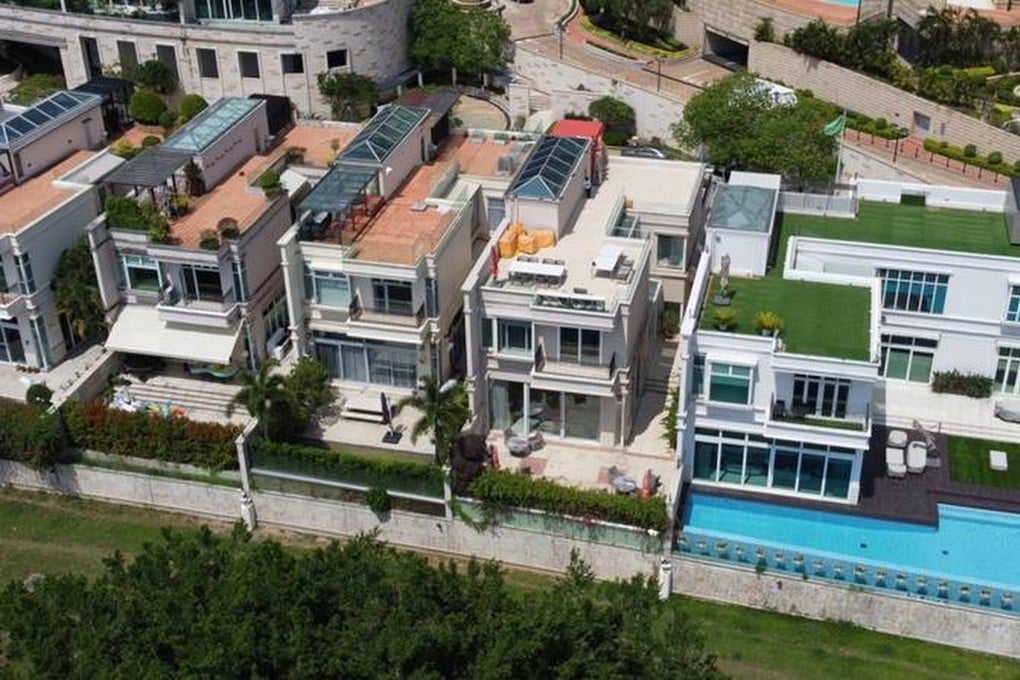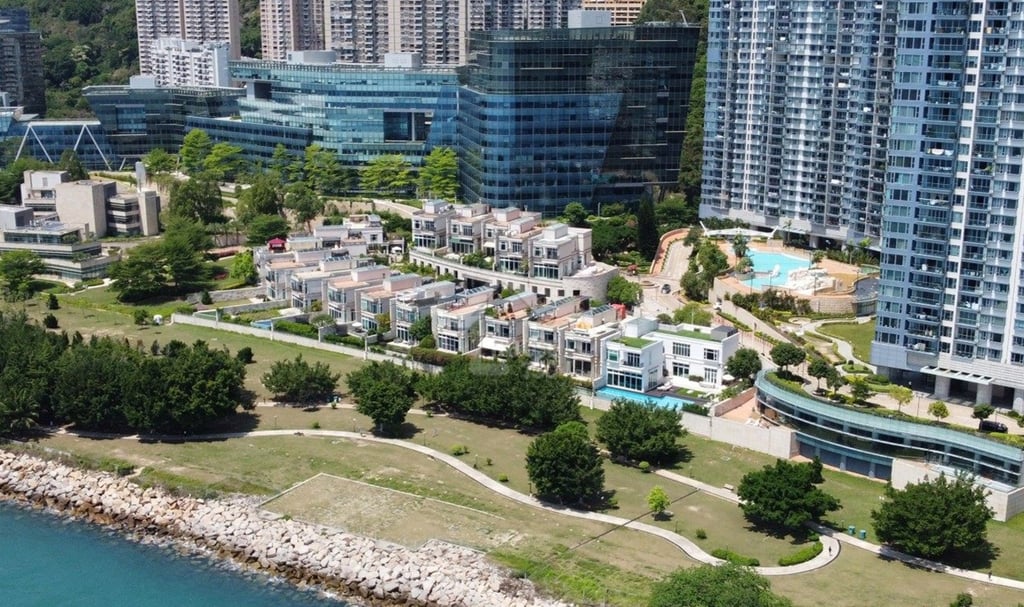Kaisa CEO lets go of Hong Kong luxury home at a 14 per cent loss in distress sale to pare debt
- Mai Fan, the previous owner, bought the villa in 2017 for HK$350 million through Million Link Development
- The company’s receivers sold the 3,953 sq ft two-storey villa in Pok Fu Lam at a discount of HK$50 million

A luxury home in Hong Kong’s Pok Fu Lam residential area owned by the CEO of Kaisa Group Holdings, has been sold for nearly a fifth lower than the prevailing market rate, according to a source familiar with the situation.
The 3,953 square feet two-storey villa changed hands at HK$300 million (US$38.2 million), according to Centaline Property Agency, which was not involved in the transaction. CBRE, the sole agent for the sale, declined to comment.
House 17 at Residence Bel-Air in Pok Fu Lam was put up for sale by public tender in May by receivers, which included Cosimo Borrelli and Tai Shaw Hoong. The property was bought for HK$350 million in 2017, according to official records.
Kaisa’s vice-chairman and chief executive Mai Fan held the villa through Million Link Development, which fell into receivership in December as its lender sought to recover soured loans.

The sale price is “18 per cent below market rate”, said Alvis Ko, senior branch manager at Centaline, adding luxury home prices in the city’s Southern district could “drop by 5 per cent” until the year-end because of “the Covid-19 pandemic, interest rate hikes and closed borders”.